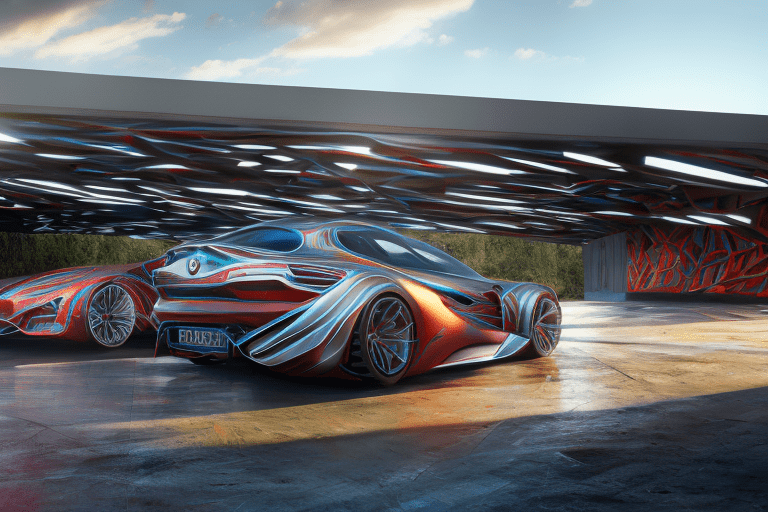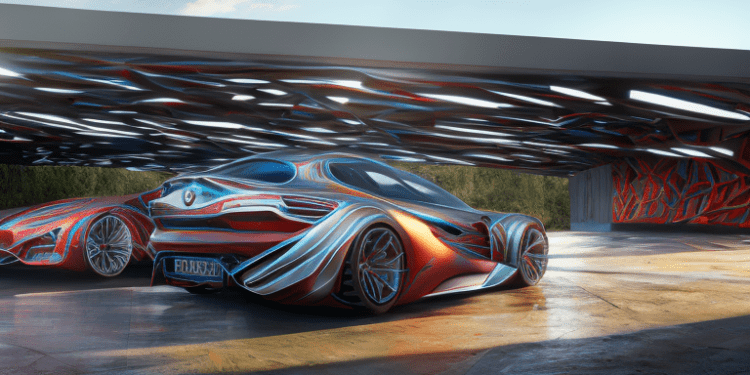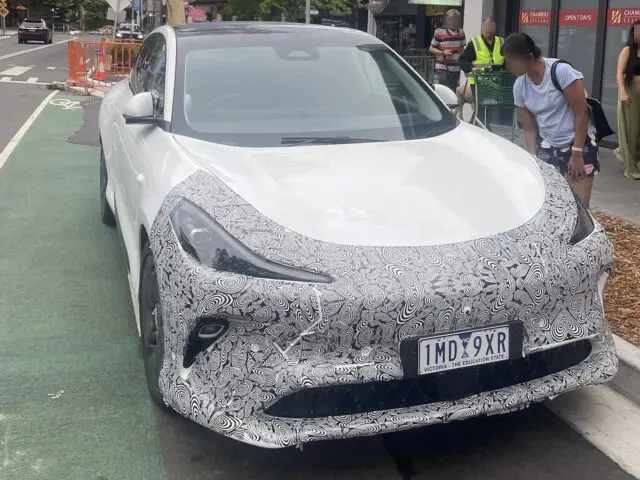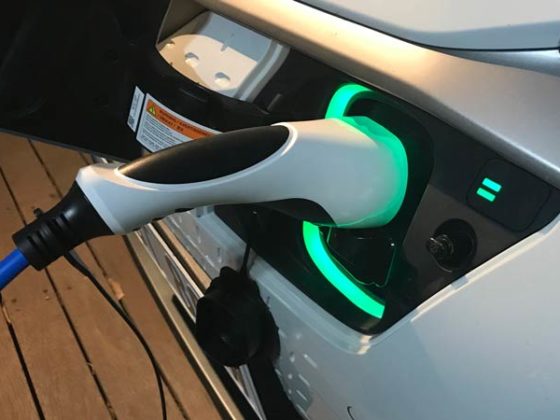The BMW Group has announced a new agreement with Anglo-Australian mining giant Rio Tinto that will see the German automotive behemoth sourcing sustainable aluminium from the company starting in 2024. This move is set to save around 70% of CO2 emissions compared to conventionally manufactured aluminium.
The aluminium provided to BMW will be made using Rio Tinto’s Elysis process, the world’s first carbon free smelting technology for aluminium. Developed by Alcoa, one of the world’s largest producers of aluminium, the Elysis process has already been used by Apple, ABInBev for Michelob Ultra cans, and Audi for the wheels on its eTron GT.
BMW’s new agreement with Rio Tinto will see low-carbon primary aluminium from Rio Tinto’s hydro-powered operations in Canada, combined with recycled content, used in the production of vehicles at the company’s production plant in Spartanburg, South Carolina.
Joachim Post, member of the board of management of BMW AG responsible for purchasing and supplier network, said: “We have clear goals for lowering CO2 emissions in the supply chain. By using innovative materials, we can reduce our vehicles’ carbon footprint – even before handing them over to customers.”
Rio Tinto and BMW Group will also work to deploy the former’s new standard in transparency, traceability, and provenance for the aluminium industry, known as START, which will provide supply chain traceability to customers and consumers with information about provenance and ESG standards.
Alf Barrios, Rio Tinto chief commercial officer, said: “As global demand for responsibly sourced materials continues to grow, automakers are increasingly looking to partner with suppliers who share their commitment to traceability and sustainability. Rio Tinto is proud to play a role in helping to drive a greener future in the premium car industry through this partnership with the BMW Group and we look forward to deepening our ties with the automotive industry in the years ahead.”
The BMW Group’s agreement with Rio Tinto is a major step forward in reducing emissions from the automotive industry. By sourcing sustainable aluminium from Rio Tinto’s hydro-powered operations in Canada, BMW is set to save around 70% of CO2 emissions compared to conventionally manufactured aluminium. This move is a testament to BMW’s commitment to sustainability and its dedication to reducing its carbon footprint.
FAQ
Q1: Are electric car batteries recyclable?
A1: Yes, electric car batteries are recyclable.
Q2: Are electric car chargers free?
A2: It depends on the charger and the location. Some electric car chargers are free, while others may require a fee.
Q3: Can electric car batteries be rebuilt?
A3: Yes, electric car batteries can be rebuilt with the right tools and knowledge.











